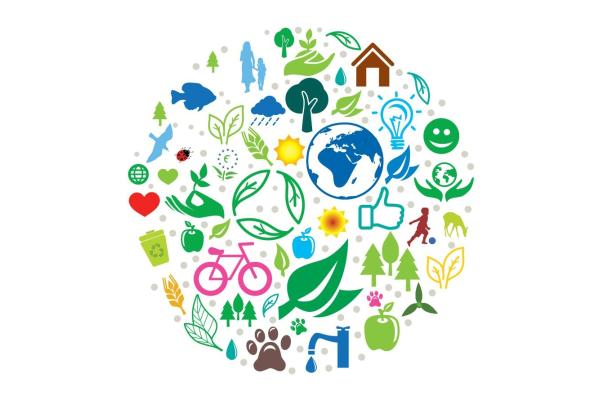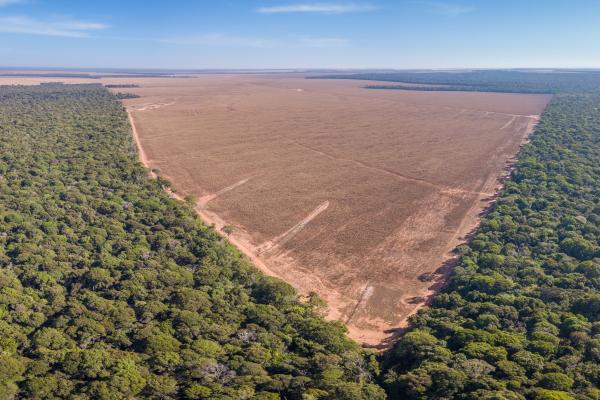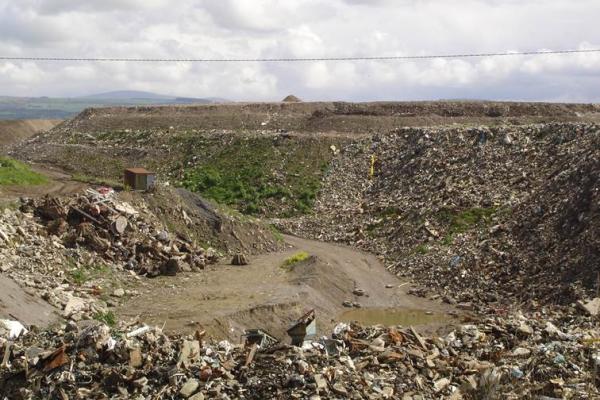Overview
The European Union has helped put in place environmental rules for clean water, breathable air, healthy nature, and many other benefits. Environmental compliance assurance describes all the ways in which public authorities promote, monitor and enforce compliance with the relevant rules.
EU Member States are responsible for fully and correctly implementing EU rules. In this context, Member States have devolved oversight responsibilities and adjudication powers to a very wide set of public authorities (‘environmental compliance assurance authorities’).
However, there are major implementation challenges, as highlighted in the Commission’s Environmental Implementation Review. These are linked to persistent environmental problems such as water pollution, poor urban air quality, unsatisfactory waste treatment, and declining species and habitats. Environmental crimes are also increasing, and there are a high number of environmental complaints to the Commission and petitions to the European Parliament.
The Commission’s policy on environmental compliance assurance includes cooperating with and supporting Member States to ensure that national authorities promote, check and enforce compliance with EU environmental laws in an effective way. This includes also cooperating with European networks of environmental enforcement practitioners. Through a series of legislative and non-legislative measures, the Commission notably supports efforts to combat environmental crime and enforce environmental liability.
Specific policies
Background
Improving implementation requires compliance with environmental rules on the ground. Industry, utilities, landowners, trade companies, individuals and other ‘duty-holders’ must fulfil environmental obligations concerning their activities.
Environmental compliance assurance describes all the ways in which public authorities promote, monitor and enforce compliance with the relevant rules:
- Promote means helping businesses and other duty-holders to comply through means such as awareness-raising, guidance, ‘frequently asked questions’ and helpdesks. This represents the ‘preventive’ part of compliance assurance.
- Monitor means detecting and assessing non-compliance and providing solid evidence for enforcement. It covers inspections, police investigations, examination of complaints from the public. This represents the ‘diagnostic’ part of compliance assurance.
- Enforce means stopping those who disregard the rules, sanctioning them and obliging them to rectify the damage. It covers, amongst other things, official warnings, cease-and-desist orders, administrative or criminal proceedings, application of sanctions, and demands to take remedial action. These represent the ‘corrective’ part of compliance assurance.
These interventions are carried out by different kinds of Member State authorities. Bodies with inspection roles typically carry out routine or ad hoc checks and promote compliance. Police officers and prosecution services have important roles in investigating and prosecuting serious wrong-doing. Different bodies may be linked across an ‘environmental compliance assurance chain’, for example where inspectors, customs and police officers and prosecutors co-operate in evidence-gathering and prosecution.
Related links
Related laws: Environmental Liability Directive (Directive 2004/35/EC), Environmental Crime Directive (Directive 2008/99/EC), INSPIRE Directive (Directive 2007/2/EC), Industrial Emissions Directive (Directive 2010/75/EU), Commission Implementing Decision 2020 /248 on technical guidelines for inspections of waste facilities, Communication on Improving the delivery of benefits from EU environment measures: building confidence through better knowledge and responsiveness (COM (2012) 095 final), Regulation establishing the Union Space Programme and the European Union Agency for the Space Programme (2021/696)
Related topics: LIFE funding, Wildlife Trafficking, Horizon Europe, TAIEX-EIR PEER 2 PEER tool
Related strategies: Zero Pollution Action Plan, EU Biodiversity Strategy for 2030, EU Soil Strategy for 2030, EU Farm to Fork Strategy, Chemicals Strategy
Related Commission priorities: European Green Deal
Read and see more
- Publication on environmental compliance assurance and combatting environmental crime - Science for Environment Policy
- Council mutual evaluations on combatting environmental crime - Final report of the Eighth round of mutual evaluations on environmental crime
- Video message of Commissioner Reynders to the Environmental Compliance and Governance Forum, 22 January 2021.
- Video-message of Commissioner Sinkevičius to the Forum, February 2020
- Video on 'How to achieve compliance with environmental law?'
- Video on 'Using technology to combat environmental crime'
- Commission staff working document - Best Practices in Citizen Science for Environmental Monitoring




